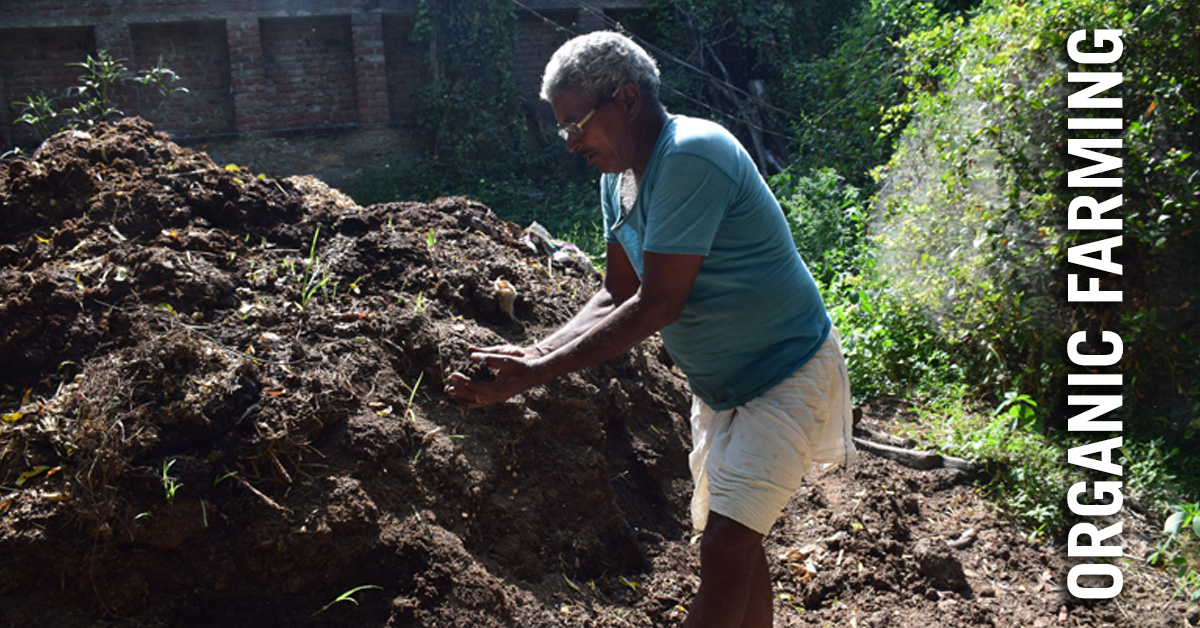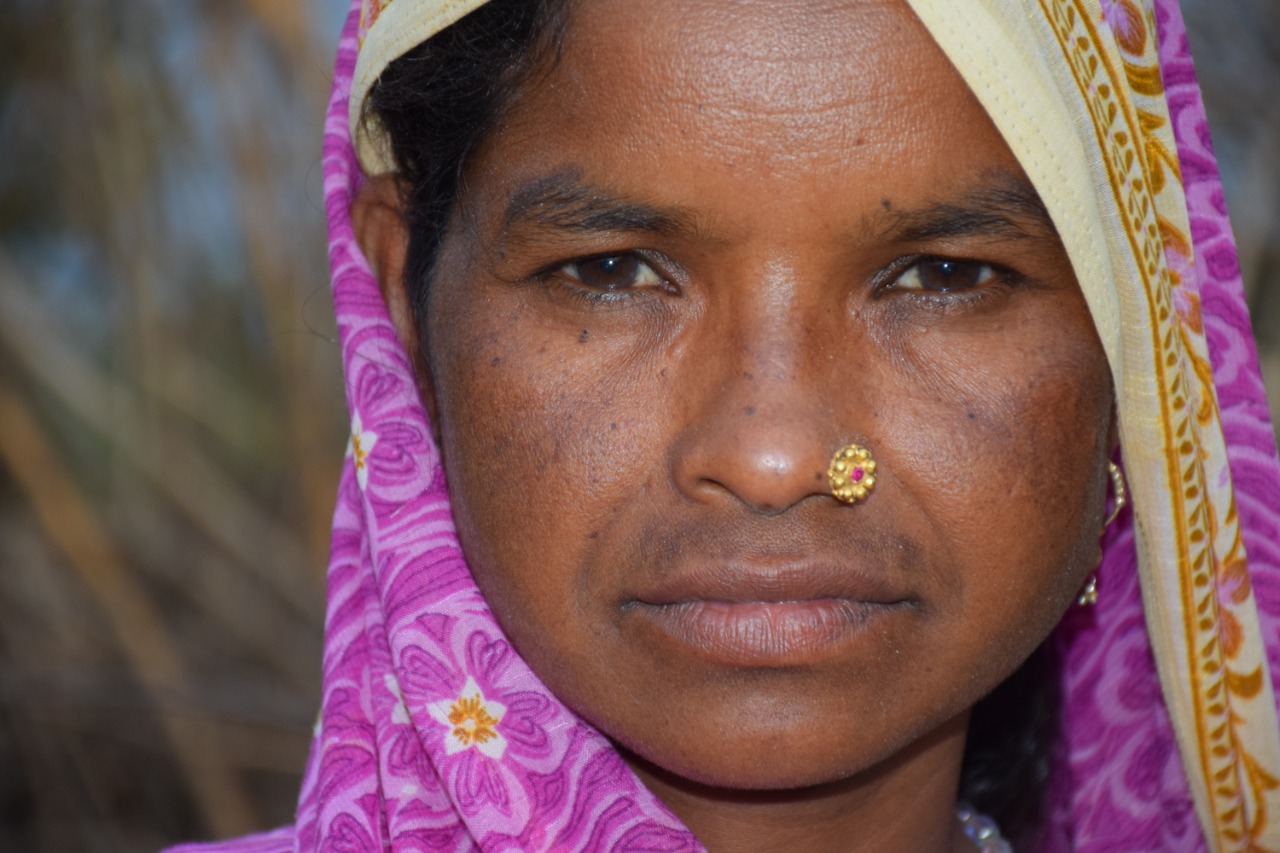CASA BLOGS

Organic Farming for Healthy Lifestyle
Written by: Md Mahfooz Alam , Story by: Arushi Narchal
For a healthy lifestyle, we need to consume healthy food; however, the food that we consume these days is full of chemicals and pesticides which is not conducive to the human body.
So how did crops which come from the agricultural field become contaminated? During the 1960s, as the population was increasing at a rapid pace the demand for food was also simultaneously increasing. India was unable to match the productivity rate with the required demand and the failure led to the hunger crisis in many parts of India.
To cope with the problem of hunger, our government in the mid-1960s decided to adopt Green revolution technologies. This changed the status of India from a food-deficient country to one of the world’s leading agricultural nations.
Though productivity of food grains boomed; however, there were many adverse effects. The HYV seeds are water-intensive — high consumption of water has led to the depletion of groundwater table; excess usage of chemical pesticides and synthetic fertilisers has deteriorated the soil quality, polluted the freshwater and reduced the nutritional quality of the crops.
CASA has been working to promote the sustainable agricultural practice of organic farming. Organic farming uses ecologically based pest controls and biological fertilisers derived largely from animal and plant wastes.
Madhav a farmer from the Balada village of Rajasthan has been practising organic farming for the last 24 years. CASA in collaboration with him is spreading awareness on organic farming and trying to convince farmers to practise the same.
While narrating the reason for adopting organic farming, Madhav says, “The crops grown using synthetic fertiliser and chemical pesticide is not of good quality — neither it tastes good nor it is nutritious.”
CASA found hesitancy among the farmers to engage in organic farming. They fear productivity will decrease, thereby loss in livelihood.
Madhav is several meetings with farmers has spoken on the reason behind low productivity. He explains, “When organic farming is deployed on a field where inorganic products were being used for a long time, productivity in the first 2-3 years generally reduces.” He further explains, “ however, the soil slowly adapts the organic manures and productivity increases after 3-4 croppings.”
Madhav produces varieties of organic fertilisers to use in his fields. One such fertiliser is vermicompost — prepared by culturing earthworms in beds or confined chambers with waste material like kitchen scraps, animal wastes and plant wastes.
He says with conviction to other farmers, over the years, on using vermicompost in my fields, “I have found the consumption of water has reduced, the water-retention capacity of the soil has increased, fertility of the soil has increased but what satisfies me most is the improvement in the quality of crops.”
 Previous Blog Post Struggles of Rural Women in Flood-Prone Districts of India
Previous Blog Post Struggles of Rural Women in Flood-Prone Districts of India Ensuring Food Availability to Marginalised Family
Ensuring Food Availability to Marginalised FamilyFeatured Post

Mental Health Awareness in India: Addressing Key Challenges
8 Nov 2024
Mental health awareness is crucial in India, where millions silently struggle with mental health disorders, including depression, anxiety, and bipolar disorder. Despite growing recognition, India faces unique challenges in effectively addressing mental health issues. The stigma associated with mental illness remains a primary barrier. In Indian society, mental health issues are often misunderstood, leading to […]

Ensuring Girls’ Safety in India: A Path Toward Empowerment
20 Aug 2024
Girls’ safety in India remains a critical issue that has garnered increasing attention over the years. Despite various reforms and efforts from both government and civil society, challenges persist. From street harassment to domestic violence, gender-based discrimination continues to limit the freedom and safety of girls. While significant progress has been made in addressing these […]

The Connection Between Monsoons and Floods in India: An In-Depth Analysis
9 Jul 2024
India, a land of diverse climates and geographical features, relies heavily on the monsoon season for its agricultural and water resources. However, with the benefits of the monsoon rains come significant challenges, particularly in the form of floods. This blog explores the intricate relationship between the monsoon season and flooding in India, providing detailed insights […]


